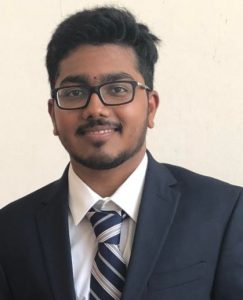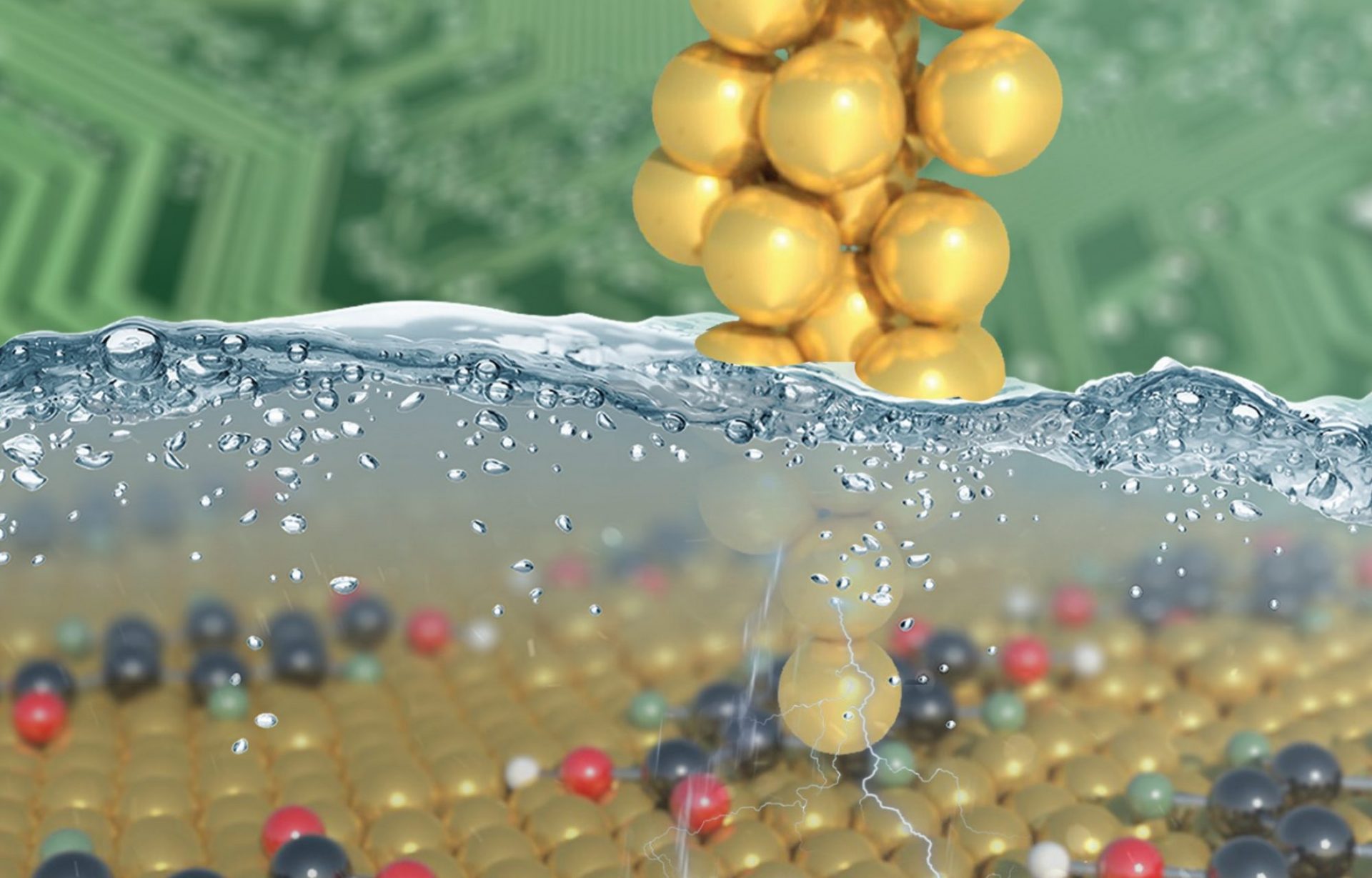Dr. Venkata Swaroopa Datta Devulapalli,
venkata.swaroopdatta@temple.edu

Dr. Venkata Swaroopa Datta Devulapalli was a graduate student at Temple University, where he led the Porous Materials and Catalysis team in Professor Eric Borguet’s research group. He was the first student in the IISER-TU Dual Masters Doctoral Degree (DMDD) program, a joint initiative between the Indian Institute of Science Education and Research (IISER) Pune, India, and Temple University.
As an INSPIRE (Innovation in Science Pursuit for Inspired Research) research fellow at IISER Pune, he worked under the guidance of Dr. Ramanathan Vaidhyanathan to develop photocatalytic boro-carbon nitride (BCN) for water-splitting applications. Having jump-started his PhD career in 2017 via the DMDD, he received a master’s degree in chemistry from IISER Pune in 2018 for his thesis work on understanding the sorption properties of covalent organic frameworks (COFs) utilizing temperature programmed in situ infrared (TP-IR) spectroscopy and temperature programmed desorption mass spectrometry (TPD-MS).
As a PhD student, Dr. Devulapalli used TP-IR to study the fundamental properties (e.g., stability, expansion) of 3-D porous metal-organic frameworks (MOFs), including their interactions with simple molecules, such as water and acetonitrile, as well as industrial chemicals such as CO₂, NH₃, and even nerve agent simulants. With the overall goal of developing hybrid MOFs that can capture and/or degrade toxic chemicals, he worked closely with theoretical and experimental collaborators. Utilizing IR spectroscopy, he discovered novel NH-π interactions between the linkers of UiO-67 MOF and NH₃, revealing a new class of binding sites in MOFs. In addition, his IR research identified the types of species present at UiO-67 MOF defect sites, which dictate the stability and catalytic activity of MOFs.
Dr. Devulapalli also led a team of undergraduates, who focused on developing design principles and synthetic strategies of metal oxyhydroxides for the catalytic degradation of organophosphate nerve agent simulants. Dr. Devulapalli formulated and verified an activity hypothesis, which relates the activities of MOFs and their precursors (metal oxyhydroxides) for catalytic hydrolysis of a nerve agent simulant which can help in the rational choice of the optimum metal/MOF for the intended applications.
Dr. Devulapalli earned his doctoral degree in Physical/Analytical Chemistry in May 2023 by defending his dissertation titled: The Chemistry of Metal Oxyhydroxides and their 3D Porous Hybrid Materials for the Capture, Transport and Degradation of Toxic Chemicals.
